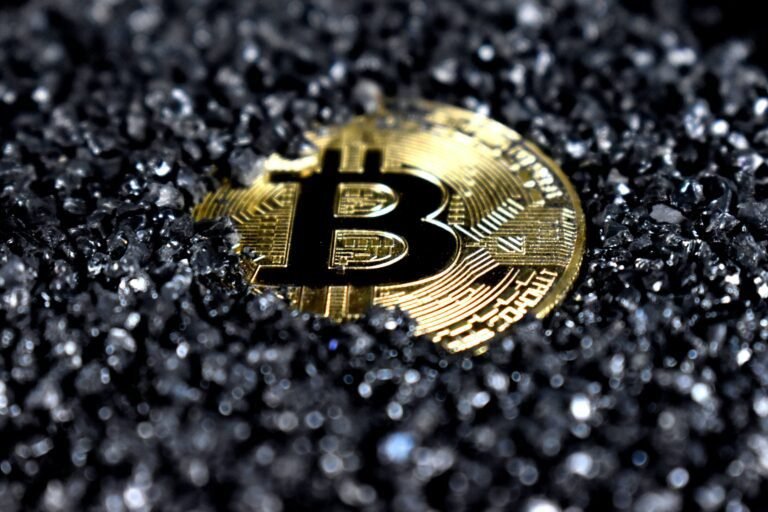In an ever-evolving digital landscape, the words of tech giants Elon Musk and Mark Zuckerberg ripple through the conversation around free speech. Both have recently signaled that the complexities surrounding speech moderation are—after reflection—too daunting, biased, and restrictive to effectively navigate. Acknowledging such realities isn’t merely a philosophical musing; it’s a pragmatic stance as they pivot to an environment where accusations and regulations are mounting, particularly as Washington leans heavily into a MAGA framework. Let’s dig deeper into the implications of this retreat and how it reshapes the internet as we know it.
Why Are Musk and Zuckerberg Opting Out?
Understanding Musk’s and Zuckerberg’s positions requires a look at several underlying factors:
- Complexity of Moderation: The labyrinth of enforcing speech restrictions is fraught with subjective interpretations and varying cultural contexts. Musk points to bias in moderation decisions, which can favor or affect certain voices disproportionately.
- Cost of Enforcement: Maintaining a robust moderation framework undoubtedly costs tech companies billions. Scaling back could not only save money but also reduce the headache associated with constant policy tweaking.
- Political Climate: As politicians rally under the MAGA banner, there’s a growing sentiment towards fewer restrictions and a more lenient approach toward content that, until recently, might have raised red flags.
The Challenge of Bias in Speech Moderation
When Musk and Zuckerberg discuss bias, they aren’t simply throwing around a buzzword. Let’s look at what they mean by this:
-
Algorithmic Bias: Algorithms that drive content visibility can perpetuate biases based on the provided data. For instance, do these systems suppress posts from minority voices? The answer is murky, and that murkiness leads to a crisis of trust.
-
Human Bias: Moderation policies often rely on human judgment, which is inherently subjective. The decisions made can differ wildly depending on the moderators’ backgrounds and biases.
- Cultural Differences: What is perceived as hate speech in one culture may be seen as free expression in another. This inconsistency complicates the task of enforcing universal standards.
The Financial Bottom Line
It’s no secret that companies prioritize profitability. As both Musk and Zuckerberg have indicated, the cost of rigorous moderation may outweigh the financial prospects. Here’s a glimpse into how it all adds up:
| Factor | Cost Implications | Potential Savings |
|---|---|---|
| Content Moderation | Billions spent annually | Reducing workforce costs |
| Legal Liabilities | Expensive litigation in free speech disputes | Risk mitigation through less oversight |
| User Experience | Extensive policies can frustrate users | Simplified platforms increase engagement |
| Tech Infrastructure | Heavy investment in AI and support | Streamlined operations |
The Political Pivot: MAGA and Free Speech
As both tech moguls step back from moderating speech, the political landscape is shifting. The MAGA movement is gaining traction, and with it, a rallying cry for less restrictive internet policies. Here’s how this shift reshapes the dialogue:
- Encouraged Outspokenness: With a perceived endorsement of less censorship, users may feel emboldened to express controversial opinions or share unconventional thoughts.
- Emergence of New Platforms: We are witnessing a rise in alternative social media platforms that position themselves as free speech advocates. This fragmentation could lead to echo chambers where only certain viewpoints are amplified.
The Future of Free Speech
As the rhetoric around speech grows louder, what can we anticipate?
- Increased Polarization: An environment with less moderation may cultivate more extreme views. This could complicate community dialogue, leading to a fragmented digital space.
- User Responsibility: With fewer restrictions, the onus shifts to users to discern credible information and navigate complex discourses.
- Innovation in Technology: As companies adapt to these changes, they may explore fresh methods to engage users while encouraging healthy discussions—a delicate balance.
Conclusion: A New Frontier in Communication
As Musk and Zuckerberg take a step back from the intricate dance of speech moderation, their decision reverberates through the digital landscape. It raises profound questions about the value we place on free expression versus community safety. The road ahead may be uncertain, but one thing is clear: navigating the 21st-century communication labyrinth requires flexibility and a willingness to embrace the complexities of human interaction.
Engagement Prompt: What are your thoughts on the approach that Musk and Zuckerberg are taking? Are we heading towards a more liberated internet, or is this the beginning of a chaotic free-for-all? Share your thoughts below, and let’s get the conversation going!














